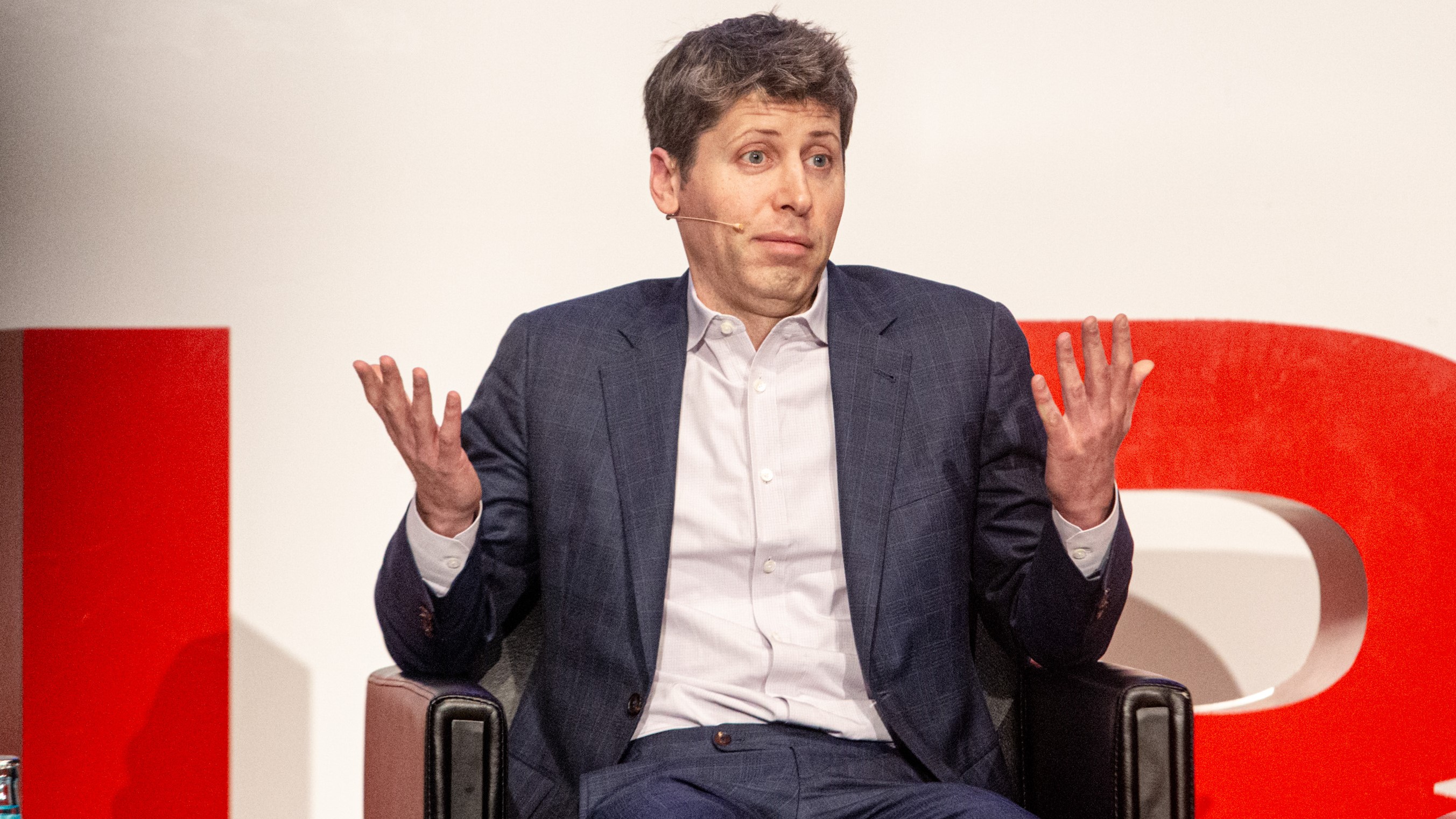
Less than a week after launching its Sora 2 AI video generation model on September 30, OpenAI is backtracking on its copyright policy due to public backlash regarding its usage of copyrighted content. The Wall Street Journal reports that OpenAI has decided to change its approach, requiring users to opt-in before their copyrighted material can be utilized in Sora prompts.
In a blog post on October 3, Sam Altman addressed how the company would adjust its policies to better acknowledge the rights of creators, making it clear that Sora would no longer accept prompts containing copyrighted works without explicit consent from the copyright holders. Altman stated:
“We will give rightsholders more granular control over the generation of characters, similar to the opt-in model for likeness but with additional controls.”
This shift follows a wave of criticism surrounding multiple Sora-generated videos that featured characters from well-known Japanese franchises, raising concerns about legal rights and intellectual property—comparatively, American content appears to have more stringent restrictions in place. Japanese lawyer Akihisa Shiozaki even called for urgent measures to protect creators and the local content industry, highlighting the need for a more respectful approach towards their work.
This controversy sheds light on the complexities surrounding generative AI and copyright law, especially as AI technologies continue to evolve.
